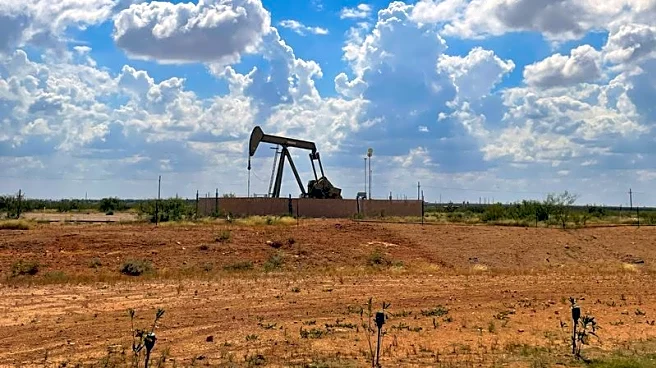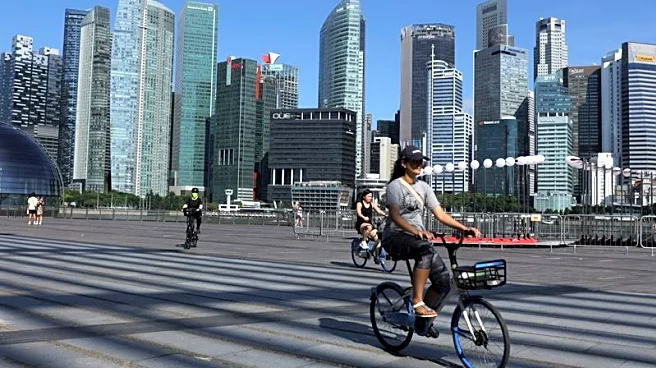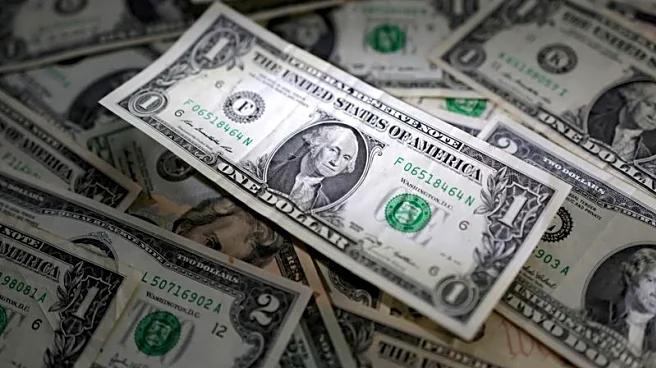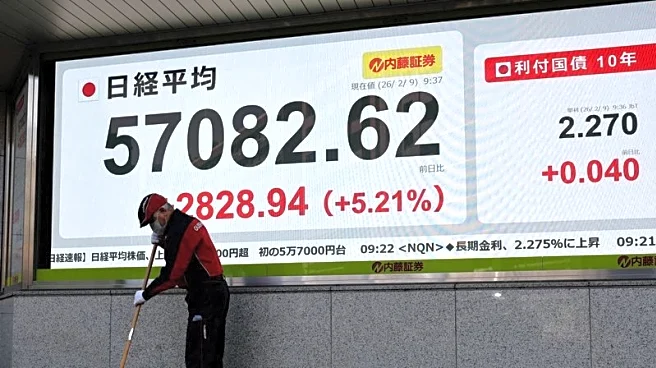Rapid Read • 8 min read
The textile industry in Lesotho is facing significant challenges despite a recent reduction in U.S. tariffs. President Trump issued an executive order lowering the tariff rate from 50% to 15%, which was initially imposed in April. This reduction comes after months of trade uncertainty that have already impacted the sector. Lesotho's textile industry, which produces garments for major U.S. brands like Levi's and Walmart, has suffered from canceled orders and job losses. The industry is a crucial part of Lesotho's economy, employing around 40,000 people and accounting for 90% of the country's manufacturing exports. The uncertainty surrounding tariffs has led to significant layoffs, with companies like Afri-Expo Textiles having to cut 40% of their workforce.
AD
The tariff reduction is crucial for Lesotho's economy, which heavily relies on the textile industry as its leading export sector and largest private employer. The initial 50% tariff threatened the viability of the industry, leading to job losses and economic instability. The reduction to 15% offers a chance for recovery, but the damage from months of uncertainty remains. Lesotho's ability to compete with other African textile manufacturers, who received lower tariff rates, is critical for its economic survival. The situation highlights the broader impact of U.S. trade policies on smaller economies and the importance of stable trade relations.
Lesotho's textile industry is hopeful for recovery with the new tariff rate, but challenges remain. Industry leaders are working to rebuild their American market presence and regain lost orders. The government and businesses are likely to push for further negotiations to secure more favorable trade terms. The focus will be on stabilizing the industry and protecting jobs, while navigating the competitive landscape against other African nations with lower tariffs.
The tariff situation underscores the vulnerability of smaller economies to international trade policies. It raises questions about the ethical implications of imposing high tariffs on developing countries and the responsibility of larger economies to support global economic stability. The long-term impact on Lesotho's economic development and its ability to diversify its export markets remains a critical concern.
AD
More Stories You Might Enjoy












